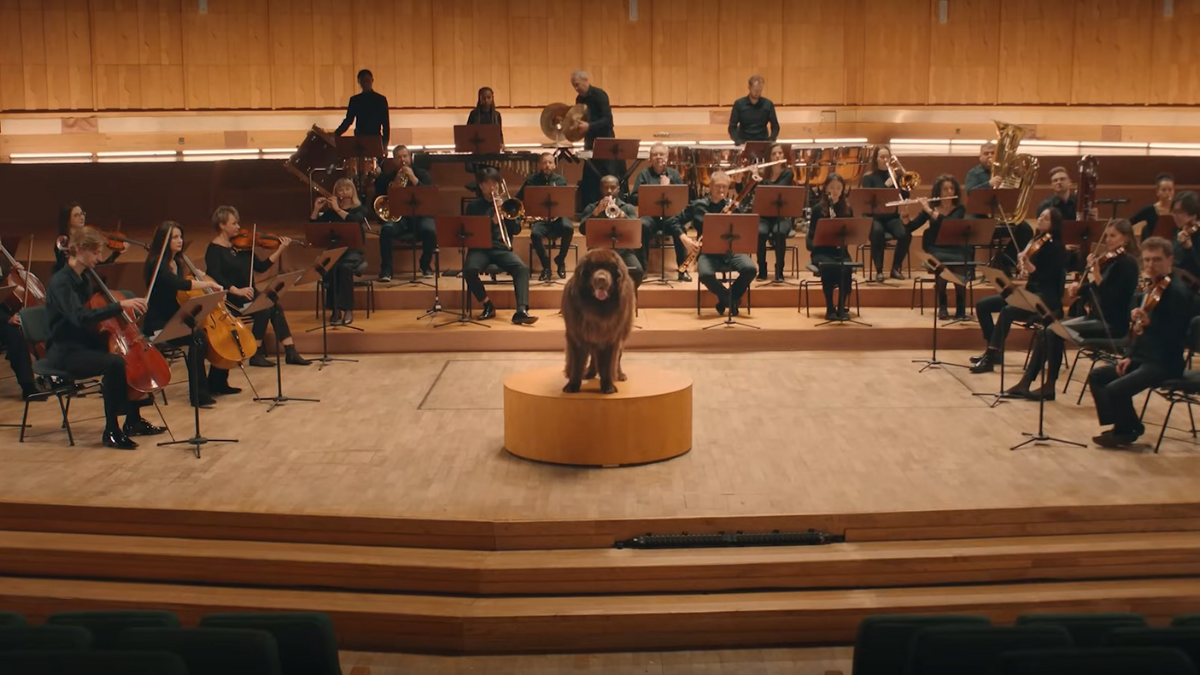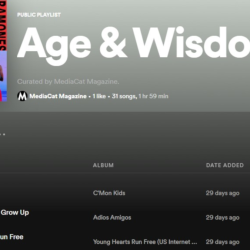The relationship between age and wisdom has been explored time and time again, but there seems to be an essential change in the relationship now, brought about by the introduction of digital information and infrastructure.
It used to be that people older than you were cleverer. When you were a kid, you asked questions about the world and got answers from parents and teachers. Fast forward to today. My kids ask the same questions as I did. However, I’m lucky if I get five minutes of fame as the wisest person in the room, as it only takes my kids a few minutes to search online and come up with information that is much more detailed or worse, uncovers me as being totally wrong about a subject.
So how does this affect our understanding of wisdom?
If anything, adults are probably considered by the younger generation to be rather stupid, as most of them are age-inflicted digitally handicapped. The fact is that the quick access to information has fundamentally changed the rules of the game. Being clever today is not what it used to be.
One key word is accessibility. You no longer need your parents to answer question, or your teachers for that matter. It’s never been easier to find answers to questions than it is today. Anyone with a device and an internet connection can become experts in almost any aspect of life, if they decide to be so.
We have grown a ‘wisdom on the go’ mentality, accessible, wherever we are. The downside to this seems to be that we have a harder time remembering stuff. Why bother to make an effort to really become an expert or store large amounts of information in your head, when you can always just Google it.
Another key word is abundance. People before us also had the ability to gain knowledge, from books and teachers, but there was a limit to how much material you could find on a given topic. Today, we can find hundreds and thousands of pages on most topics, giving us access to endless angles and interpretations of a subject matter.
And yet, ironically, most of us have been in the situation where we’ve tried to find information online, but have been unable to find exactly what we were looking for — because we could not get the framing of the question right. Remember the times when you’ve tried to get the question right in a search repeatedly, but only gotten useless results back, or simply really strange results? The internet is excellent at providing answers, but only if you know where and how to ask.
Wisdom in the digital age is not only about the collective amount of knowledge that you’ve gained, but also very much about methodology. Knowing how to ask the right questions, as well as how to assess the validity of a source, have become key skills. Being wise is not so much about what you know, but how good you are at getting to know it. For all of the blessings of the digital information flow, what it comes down to is your ability to access that information.
Featured image: Sam Moghadam Khamseh / Unsplash



































